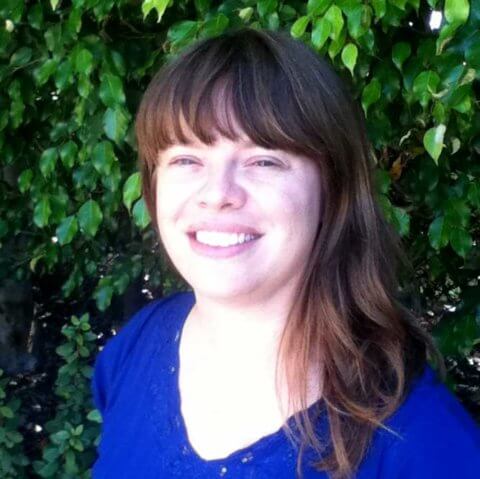UCSF Archives and Special Collections has acquired the Michael S. Gottlieb papers, and they are now available to researchers for the first time. This record of his professional life and accomplishments contains published papers by Gottlieb and many others on AIDS-related topics. His papers also include information on various AIDS drug treatment studies (including AZT), professional and personal correspondence, and information about various talks and events attended by Gottlieb during the 1980s. In addition, they document his prodigious philanthropic activities and AIDS advocacy.
Beginnings
June 5, 1981 is widely known as the beginning of the AIDS epidemic in the United States, because it was the day that the Center for Disease Control (CDC) published, in its Morbidity and Mortality Weekly Report (MMWR), the appearance of a cluster of diseases that would later come to be known as AIDS (Acquired Immune Deficiency Syndrome). The report, titled “Pneumocystis Pneumonia — Los Angeles,” was authored by members of the Division of Clinical Immunology-Allergy at the UCLA Medical Center and and the Epidemiology Program at Cedars-Sinai Hospital, Los Angeles.
The article reports, “In the period October 1980-May 1981, 5 young men, all active homosexuals, were treated for biopsy-confirmed Pneumocystis carinii pneumonia at 3 different hospitals in Los Angeles, California.” The primary author of this report, Doctor Michael S. Gottlieb — then 33 years old — made history as the person who discovered AIDS.
Timeline

Gottlieb figures prominently in the UCSF-generated timeline of the AIDS epidemic. The timeline, which begins with the 1981 MMWR report, notes that, in 1985, Rock Hudson — star of classic Hollywood films like Giant, All That Heaven Allows, and Written on the Wind — announced that he had AIDS and later died, becoming “the first major celebrity to succumb to the disease.” Later that same year, the timeline reports, “The American Foundation for AIDS Research is founded with the help of movie star Elizabeth Taylor.” Gottlieb, who served as Rock Hudson’s physician from the time of his AIDS diagnosis to his death from the disease, was also one of the founding chairs of the American Foundation for AIDS Research, along with medical researcher Mathilde Krim and Elizabeth Taylor, who was a close friend of Hudson’s and his costar in Giant. The Foundation was established with a $250,000 gift from Hudson’s estate.
The Gottlieb papers also contain a fascinating trove of letters, dubbed “crazy letters,” that he received after becoming publicly associated with Hudson in newspapers and the press. The letters indicate a fascination with the disease, which was still very new and widely misunderstood by the world at large.
Explore
If you’re interested in exploring the Gottlieb papers, you can consult the finding aid for the collection. The papers were a gift from Michael Gottlieb.
The Fighting for Our Lives banner image is from the AIDS History Project—Ephemera Collection, MSS 2000-31. Archives and Special Collections, University of California, San Francisco

